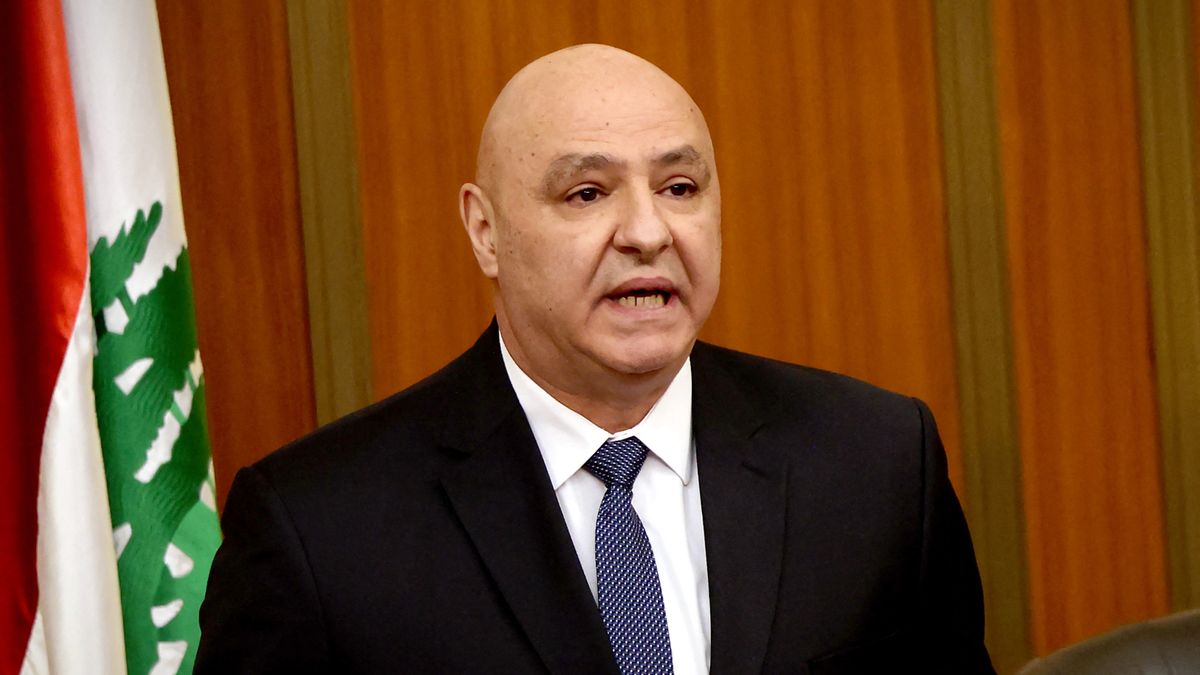Lebanon selects president after 2-year impasse

A New Leader Emerges in Lebanon
The Election of General Joseph Aoun
After a prolonged political vacuum, Lebanon's parliament has united to elect army chief General Joseph Aoun as the new president. The 60-year-old candidate secured an overwhelming majority of 99 votes out of a possible 128.
Aoun's victory, supported by both the United States and Saudi Arabia, signifies a shift in regional power dynamics, as the influence of Iran-backed Hezbollah wanes following its conflict with Israel.
Aoun's Pledge and Its Impact
In his inaugural speech before parliament, President Aoun outlined his ambitions to implement judicial reforms, rebuild infrastructure, and uphold the state's monopoly on weaponry. This latter point drew applause from all corners of the legislature, except for Hezbollah, which maintains its own military force.
Aoun's election is expected to unlock much-needed international aid for Lebanon, which has been grappling with a six-year financial crisis. The estimate for damages inflicted by Israel alone stands at a staggering $8.5 billion.
Power Dynamics in a Fragmented Nation
Lebanon's power-sharing system dictates that the presidency should always be held by a Maronite Christian, the prime ministership by a Sunni Muslim, and the speakership of parliament by a Shiite Muslim. While President Aoun's influence is limited, he holds the crucial authority to appoint a prime minister who will lead the country's first fully empowered government since 2022.